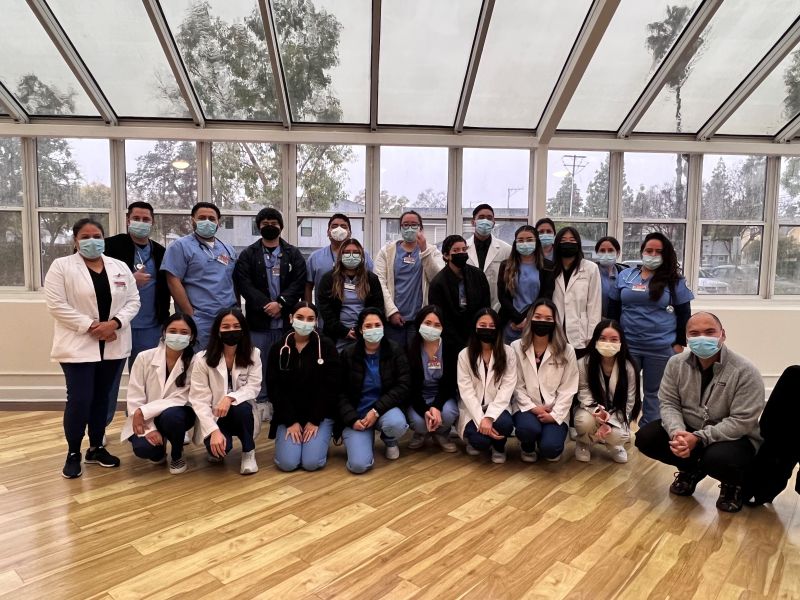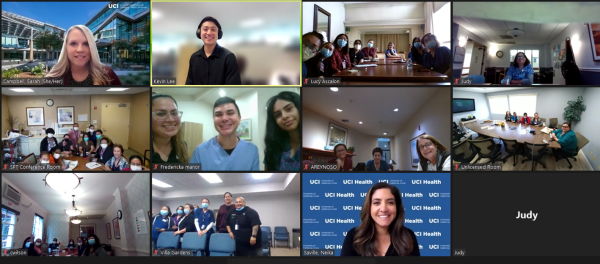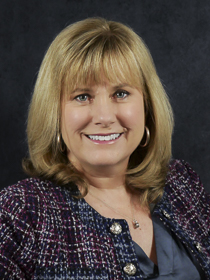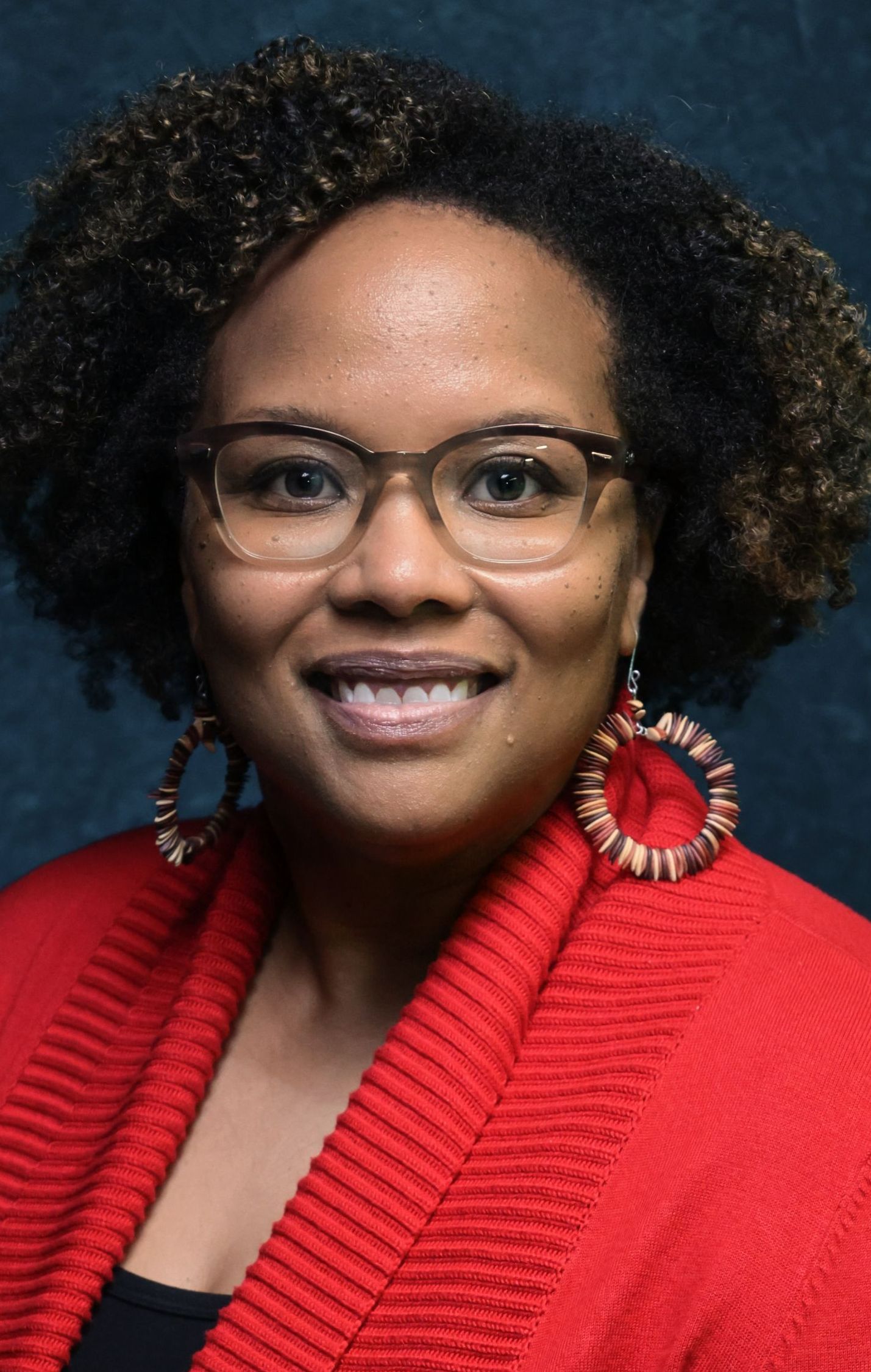
CNA Education series with Santa Ana College and French Park CNAs
New Initiative Empowers CNAs with Self-care Tools and Skills Enhancement.
By Nicholas Schou
Certified nursing assistants (CNAs) have a critical role in today’s healthcare environment: they care for our most frail and vulnerable older adults, nursing home residents and provide more than 90% of the direct patient care in post-acute and long-term care facilities across the country. While CNAs would greatly benefit from supportive interventions, they represent the professional caregiver group least likely to receive interventions that address compassion, work-life balance, and self-care.
During the COVID-19 pandemic, which disproportionately impacted older patients, CNAs were the front-line workers in skilled nursing facilities and nursing homes. CNA’s caregiving work, especially during extended periods of lockdown and ongoing epidemic surges, often went unrecognized.
To support Certified Nursing Assistants by combatting caregiver burnout, the University of California, Irvine’s Division of Geriatric Medicine and Gerontology and Sue & Bill Gross School of Nursing developed a groundbreaking training program in partnership with the Health Resources and Services Administration (HRSA) Geriatric Workforce Enhancement Program (GWEP). The initiative aims to empower CNAs by providing them with tools for self-care as well as building skills to enhance their critical role in providing healthcare for older adults. The new training program will be available online nationwide.

GWEP Project Team
“We believe that CNAs are the unsung heroes of the pandemic,” said Sarah Campbell, an assistant clinical professor at the nursing school, and one of the key members of the GWEP team who developed the training program. “These care providers are very patient focused, but we wanted to build their skills for self-care and how to recognize burnout. We also want to encourage them to check in with each other and not just patients.”
Working alongside Campbell is Neika Saville, the GWEP Project Manager in UCI’s Department of Family Medicine’s Division of Geriatric Medicine & Gerontology. Saville helped secure funding through a GWEP supplemental grant received two years ago, that specifically focuses on the education of CNAs. Because there has been such a high rate of turnover and caregiver burnout, Saville says that the new training program was designed as a four-part series; the curriculum includes self-care, communication, how to recognize the so-called 3 Ds (delirium, depression, dementia) in older patients, as well as training around the crucial issues of mobility and fall prevention.
In particular, the program places a strong emphasis on self-care for CNAs. “For example, we give learning kits to every CNA with things like tea bags so they can take a tea break to avoid burnout,” Saville says, adding that the training program also incorporates games and interactive elements to keep participants actively engaged.
The program, delivered both in person and online, has already reached over 600 CNAs in Orange County and throughout California.

Virtual series with Front Porch CNAs
Modules created from the successful in-person series are being disseminated nationally through HRSA. These modules focus on building resilience and improving care, with an overview available online. What makes the program unique, Campbell and Saville explain, is how the program focuses on inclusivity and cultural sensitivity by tailoring the education to different learners’ needs and making the modules engaging and interactive.
Julie Rousseau, a project scientist and faculty with both UCI’s medicine and nursing schools, led the program’s development and oversaw curriculum design and implementation. She highlights the importance of deep pedagogical and workforce research to tailor education to reach CNAs.
“The majority of CNAs in California are women of color, with recent studies reporting 38% Latino/x; 24% Asian, Native Hawaiian, and Pacific Islander; and 12% Black. Many CNAs live below the federal poverty line and depend on social assistance programs,” says Rousseau. “The program takes these factors into account to provide a comprehensive and inclusive experience and provides stipends to support their education time.”
After completing the training program, CNAs were asked what they gained from the experience. Many responders cited the class on how to better recognize mental health issues facing older patients, as well as gaining empathetic communication skills such as using open-ended questions and being a good listener.
One participant shared that the most impactful aspect of the training was how it helped her to recognize her own emotional responses to stress, which gave her better coping skills so that she could give the best care to her patients.
“It will assist in making me do self-checks and making sure I’m okay,” she said. “Also, it was a good insight on how to ask co-workers if they were ok as well. You can’t take care of others if you don’t take care of yourself.”




Leave A Comment